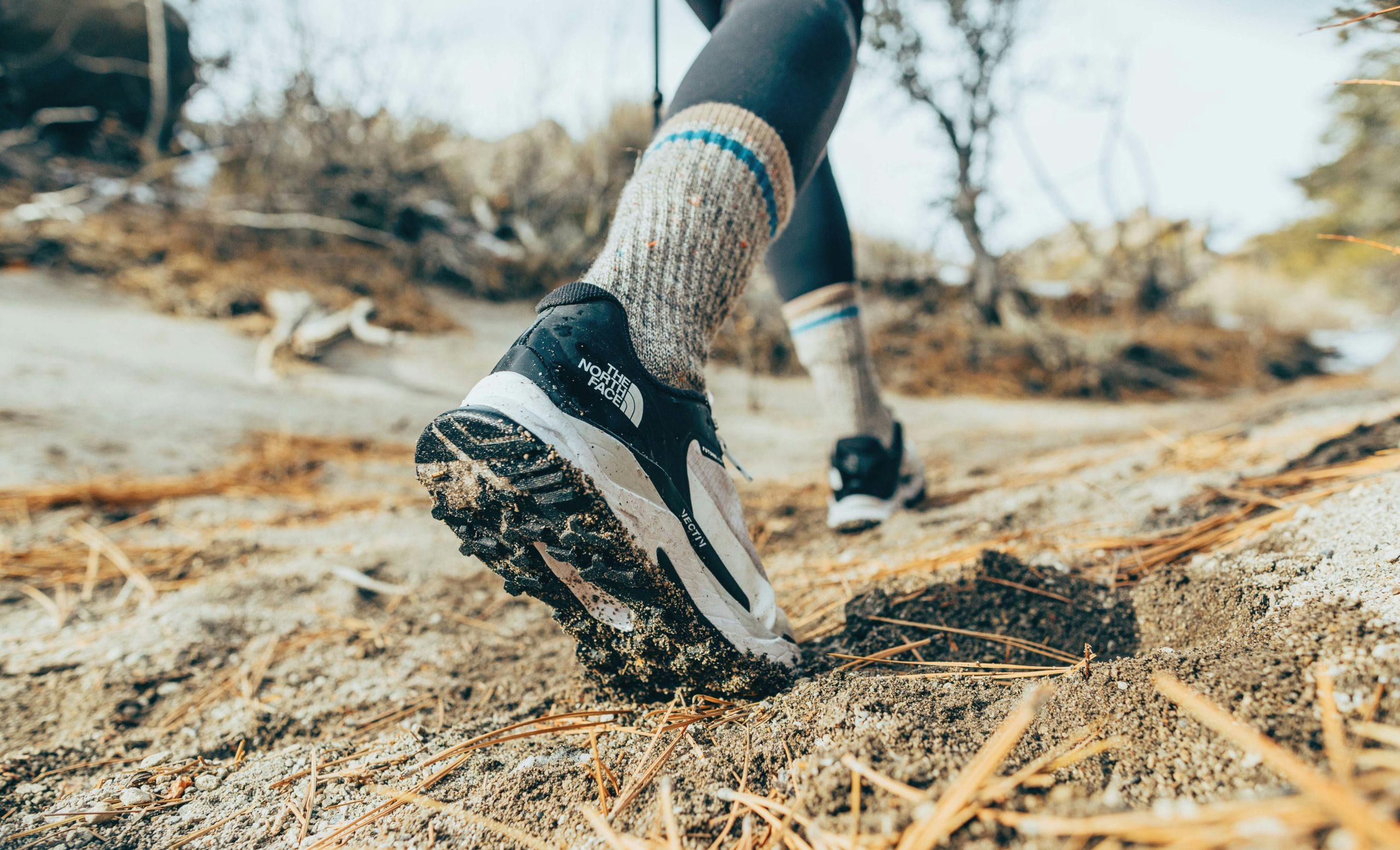Child-led play in the outdoors helps young kids become good decision-makers and problem-solvers later in life.
The day starts in the usual way, dragged from sleep by the calls of “Mama, Maaaa-ma!” Luka, my two-year-old son, is awake and demands that I am too. The moon shines through the curtains.
The kettle whistles and the sharp smell of coffee hits my nostrils. Porridge, nappies, warm clothes, outside features take shape as the daylight arrives. The air buzzes with rushed and excited energy. We are going to walk the Organ Pipes Track north of Dunedin.
The first steps from the car park are slippery and steep and I double guess my choice of walk. Luka is undaunted, so we push on. He is already displaying a can-do attitude which reminds me to keep role modelling, too.
We grind up the track. “Another step!” sings out Luka. It’s slow going with a toddler – little legs, and high steps – but Luka is happy to walk and I like seeing the joy on his face when we find just the right walking stick or a tree he can hide in.
At adult pace, this trip takes less than an hour. With a toddler, it might take half a day. I could carry him, but he is gaining life skills here. Being outdoors supports the development of positive dispositions – qualities of mind and character – and kids gain skills, knowledge and form values from experiences. Sharing these together supports strong adult-child relationships.
Celia Hogan of Little Kiwi Nature Play says outdoor play – figuring out how to get across a stream, how to climb trees, what they can use to gather acorns – provides children with the opportunity to problem-solve and get creative. Essential life skills.
“Later in life and in times of crisis, being able to think of solutions can feel empowering and build self-confidence,” she says. “When children are engaged in outdoor child-led play, they are developing physically, emotionally and socially, too.”
Today, the ‘walk’ part of the trip is secondary to what Luka finds and plays with along the way – he turns some stones and moss into a face and a log into a ‘choo-choo’ train.
“Nature provides lots of loose part resources – things that can be used in more than one way,” says Hogan. “A stick might become a wand, a sword, a mixing utensil, a walking pole or even part of a playhouse.
“Being able to look at things from a different perspective and see all the possibilities is a wonderful skill to have when faced with challenging times.”
With all this playing along the track, our walk to the Organ Pipes takes 45 minutes. They resemble a stone church organ. Outdoor furniture isn’t needed here and we perch on a very old volcanic rock. In a heartbeat, Luka’s lunchbox is open. The promise of food kept him walking and he mashes sandwich after sandwich into his mouth, barely chewing as he calls for “more toast”.
Energies restored, we push on for Butlers Peak, another rocky outcrop and the plug to the prior earlier volcano. A boardwalk winds up a gentle slope with the canopy forming a tunnel above us. A short, kid-friendly scramble up the rocks of Butlers Peak and we are rewarded with another view. But Luka has run out of steam and it’s time to turn around.
I feel refreshed as we retrace our steps. Luka has a bag full of ‘treasure’.
As the car comes into view, my thoughts start whirring. Wondering aloud if the wind has dried the nappies, and what could we have for dinner. “Toast!” is Luka’s suggestion.







